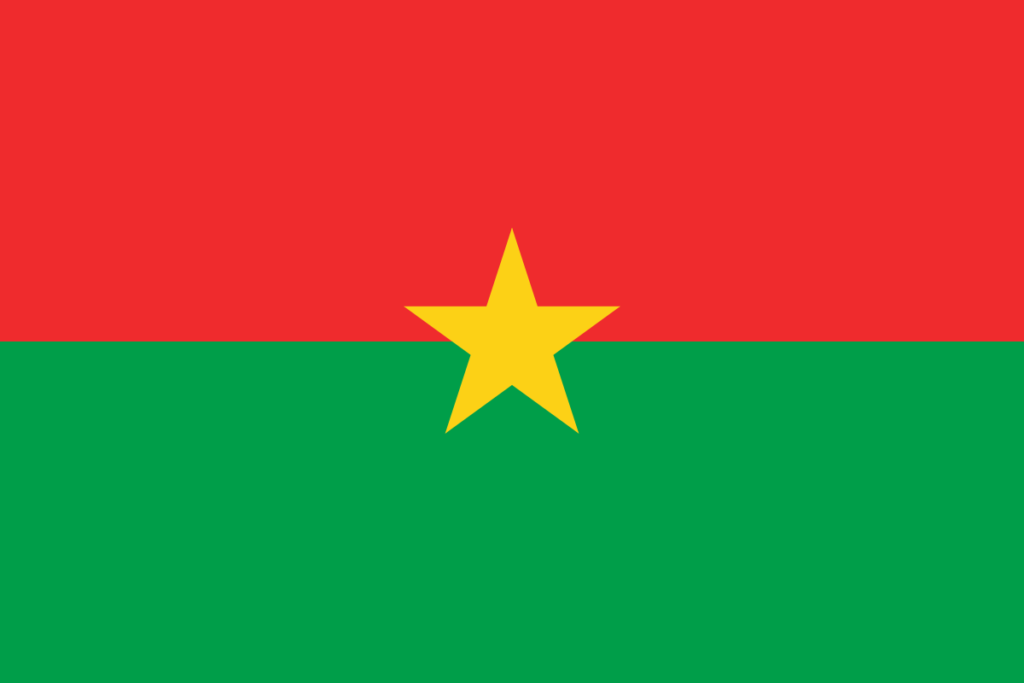Pan-Africanism is a nationalist movement that aims to unify all Africans, eliminate colonialism and white supremacy from the continent, and promote solidarity between indigenous peoples and those of African ancestry in the diaspora.
The movement started many years ago, born in the struggles against slavery, racism, and colonialism. Some of the foremost early Pan-Africanists include Henry Sylvester Williams, Nnamdi Azikiwe, Edward Blyden, W.E.B. Dubois, Marcus Garvey, and J.E. Casely Hayford.
The golden age of Pan-Africanism came with the independence of Ghana in 1957 and the emergence of Kwame Nkrumah as the Prime Minister and President. He advocated for the unity of independent Africa and regional integration, his ideals reaching beyond black Africa.
With the demise of Nkrumah in 1972, Muammar Gaddafi assumed leadership of the movement. Taking up the banner of African unity, he called for the creation of a ‘United States Of Africa.’ Sadly, with the death of Gaddafi, Pan-Africanism fell into a deep slumber until the emergence of a young military officer and politician from Burkina Faso, Ibrahim Traore.
Ibrahim Traoré
Born on 14 March 1988, Traoré has been the interim president of Burkina Faso since 2022. He took control of the country by removing interim President Paul-Henry Sandaogo Damba in a coup d’état. As interim president, Traore has severed relations with France and the west, and played a major role in founding the alliance of the Sahel states which includes Niger and Mali.
Traore has deftly developed the image of a Pan-Africanist poised to free his nation from the death grip of western imperialism and neo-colonialism. Many see him to be following in the footsteps of his compatriot Thomas Sankara, dubbed the ‘Che Guevara’ of Africa. Like many young Africans, Traore asks how Burkina Faso’s past relationship with the west could have left a land full of natural resources deep in poverty.
In his inaugural statement, Traoré pointed out that Burkina Faso faced an emergency – with crises in security, defense, healthcare, social action, and infrastructure. He has since allied the country with Russia, accepted the help of Russia’s paramilitary brigade, and adopted left-wing economic policies.
He has set up a state-owned mining company and has required foreign firms to give it a 15% stake in their local operations and to transfer skills to Burkinabe people. He has built a gold refinery and has established national gold reserves for the first time in Burkina Faso’s history. Furthermore, the ruling junta has nationalized two gold mines previously owned by a London listed firm and has plans to take over more. He has stopped the exportation of unrefined gold to Europe.
Impressively, Traoré has rejected financial assistance from the International Monetary Fund and the World Bank, arguing that the country can develop without the West’s loans, conditionalities and vampirism.
Traoré is an example of Africans managing their own affairs. And it also demonstrates how young people can offer positive change.
By Godfrey Selbar


